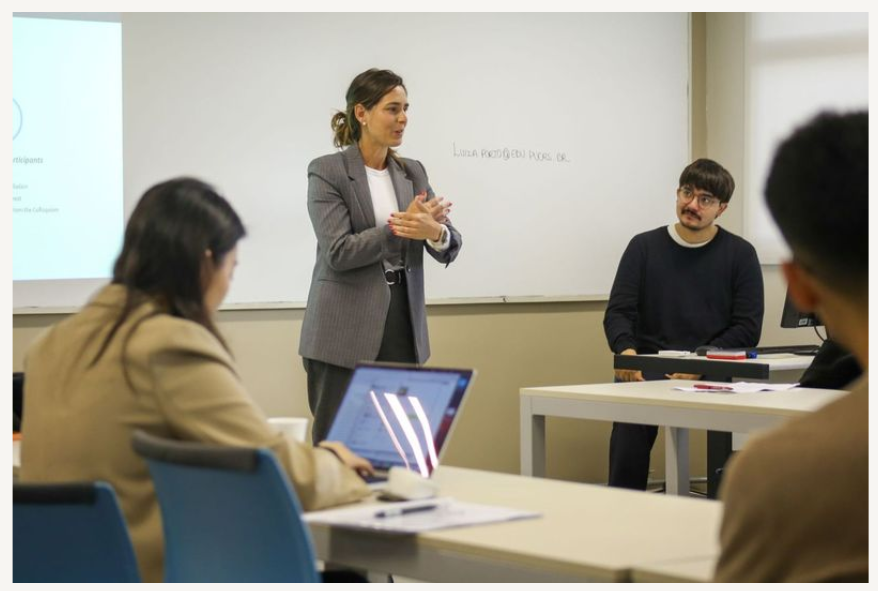
Reflections from Sulemana Bankuoru Egala (Dg.o 2025 Travel Grant Awardee Lecturer at SD Dombo University of Business and Integrated Development Studies, Ghana)
The 26th Annual International Conference on Digital Government Research (dg.o 2025), held from June 9–12, 2025, at the Pontifical Catholic University of Rio Grande do Sul, Porto Alegre, Brazil, served as a significant platform for scholars, practitioners, and policymakers focused on the future of digital governance. The conference’s theme, “Digital Government Fostering Social Cohesion for Reducing Inequalities,” highlighted the critical role of digital governance in promoting social ties, accountable democracy, and equity. It emphasized the necessity for policies that ensure universal access to digital tools, reliable internet, and digital literacy, recognizing the internet as a vital resource for accessing rights and addressing inequalities.
It was an honour to be one of a proud participant featuring in one of the many presentations in a diverse range of topics. I was full of excitement to share insights about my accepted paper titled “Unleashing Public Sector Innovation: Exploring the Impact of Big Data Analytics and Value-Driven Capabilities on Digital Governance”. This research was driven by the increasing pressure on public sector organizations globally to innovate and tackle complex societal challenges. Big Data Analytics (BDA) and value-driven capabilities have emerged as transformative forces, enhancing decision-making, transparency, and citizen engagement. My paper focused on how these elements can be utilized to foster innovation within public sector institutions in Ghana, examining the relationship between technological capabilities, organizational support, and the maturity of digital governance frameworks.
Key findings from the research indicated that technical infrastructure, analytical skills, and organizational processes are vital for driving innovation. Organizations with mature digital governance structures are better equipped to leverage BDA for transformative outcomes. Furthermore, aligning data initiatives with ethical and societal values is crucial for translating insights into public value, emphasizing the importance of responsible data use and stakeholder engagement in fostering sustainable innovations in the public sector. Additionally, task complexities and data quality significantly impact BDA effectiveness, requiring tailored technology adoption, supportive leadership, and a culture of continuous learning for successful digital transformation.
The dg.o 2025 conference is an interdisciplinary event that brings together researchers from various fields to exchange innovative ideas and best practices. It focuses on empowering underserved communities, addressing digital divides, and promoting citizen engagement.
It featured tracks on artificial intelligence, data science, civic engagement, and technology innovation, fostering dialogue and collaboration. Presentations emphasize the importance of building loyalty, solidarity, and mutual support to strengthen trust and social capital, ultimately reducing social conflicts and inequalities through collaborative governance.
Overall, dg.o 2025 exemplified the transformative potential of digital government in fostering social cohesion and reducing inequalities. My paper contributed to this mission by demonstrating how BDA and value-driven capabilities can drive public sector innovation. As digital governance evolves, it is crucial for policymakers, practitioners, and researchers to collaborate, ensuring that technology serves as a catalyst for equity, transparency, and meaningful change. I am also thankful to the dg.o board for the grant that supported my travel and accommodation from Ghana to the conference, reflecting the core values of dg.o in combating inequalities and promoting social cohesion through digital governance.